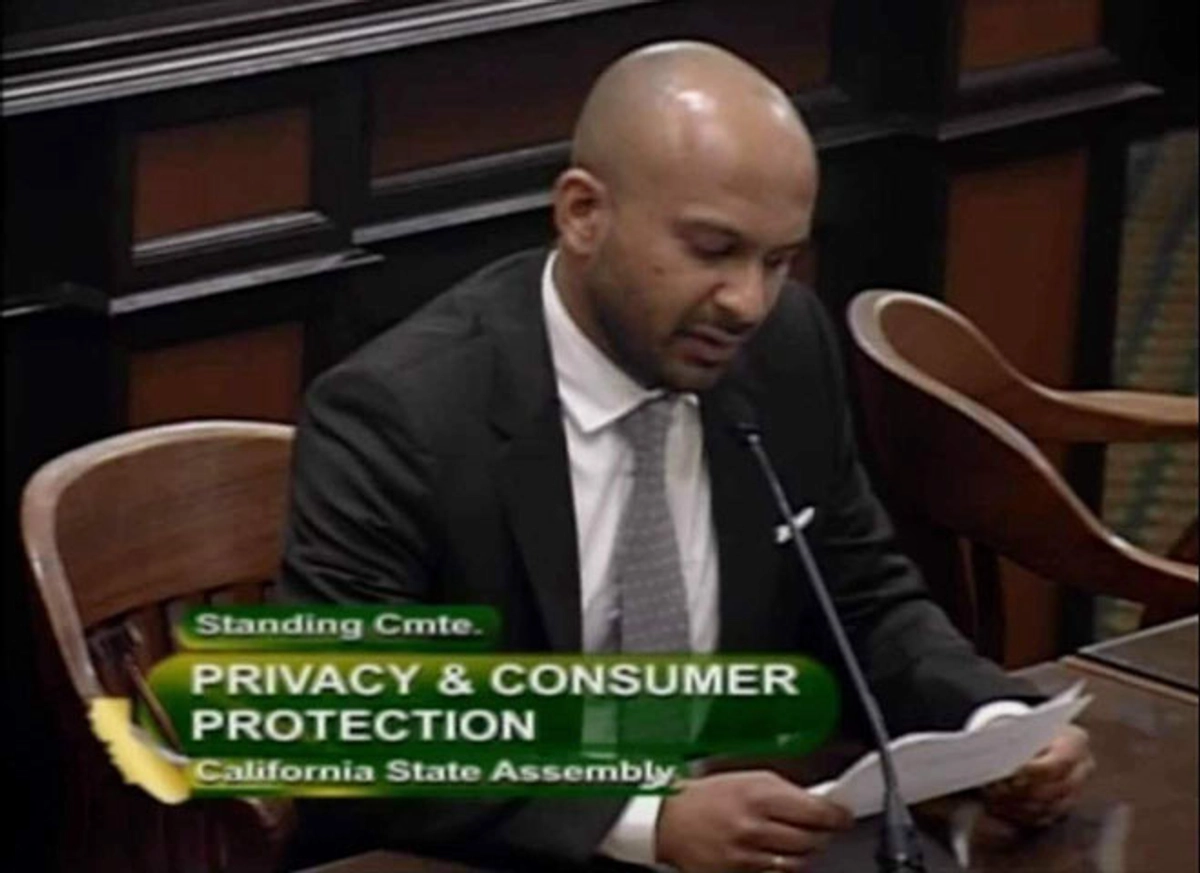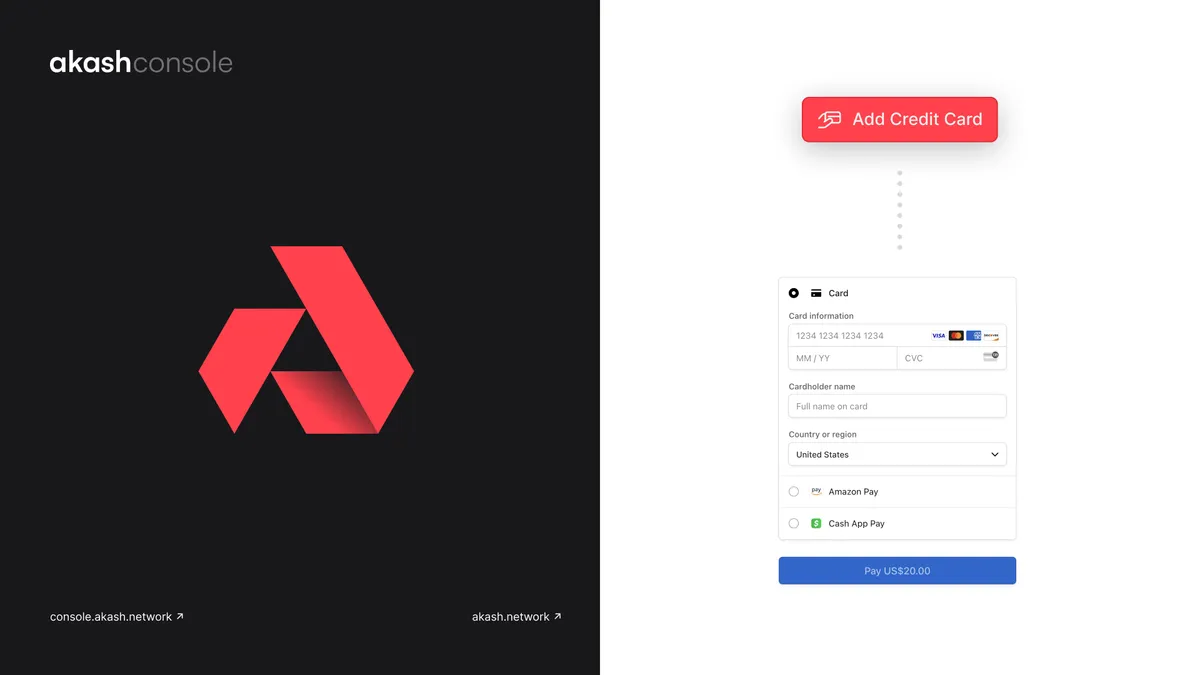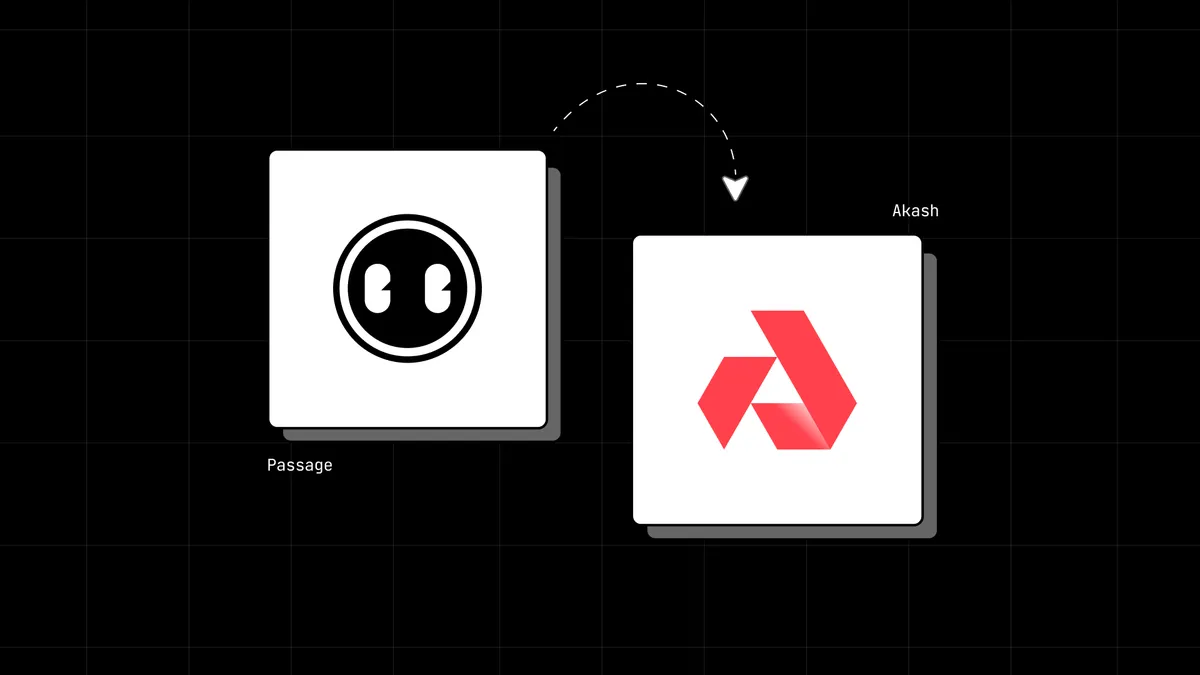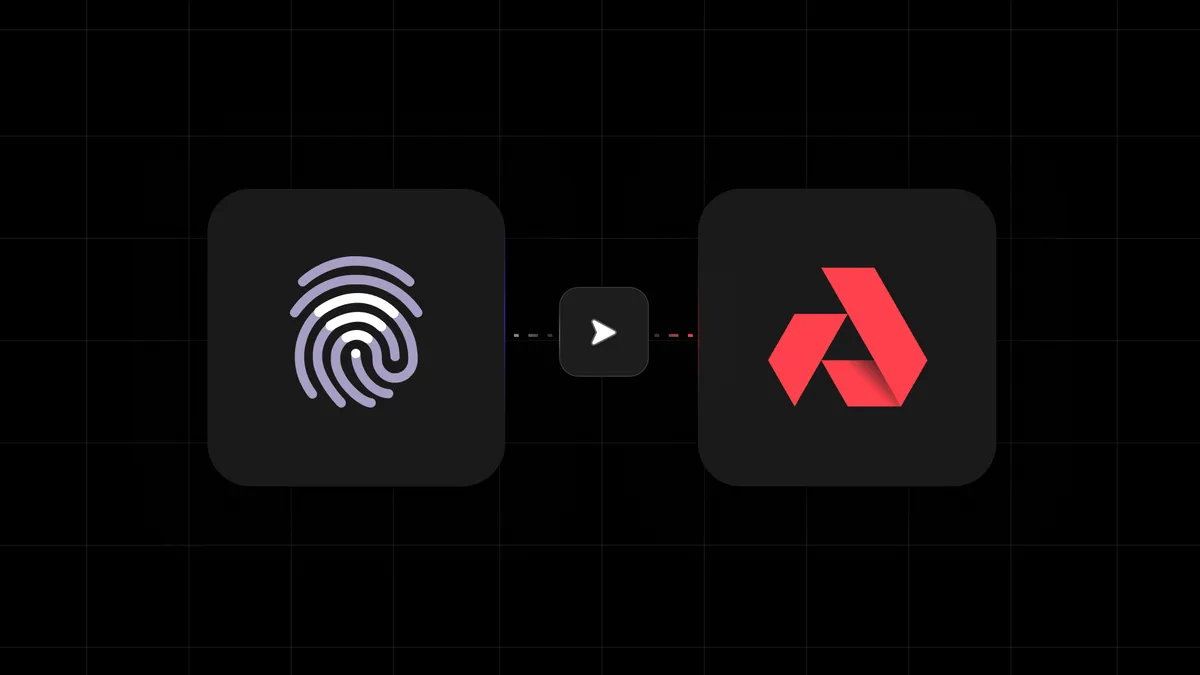
The most significant hurdle for blockchain today is legislative as US companies today face an uncertain legal regime. Regulators need tools that only legislators can provide.
No question blockchain is going to rival the web, and its essential innovation doesn’t leave this country. As a community, we think it is vital to provide the tools necessary for regulators and as part of our continued commitment to the eco-system, I testified as an expert witness for the first ever blockchain bill (AB 2658) introduced in California.
I’m excited to announce the Assembly Committee on Privacy, and Consumer Protection has unanimously passed AB 2658; this is a small step but an essential first step. Below is the full draft of my testimony.
My name is Gangadharam Osuri. I’m the co-founder and CEO of Overclock Labs. Our Akash network is a blockchain-based, open marketplace for cloud computing services. We’re in support of AB 2658.
I’d like to thank Majority Leader Calderon, Chairman Chau, Vice-Chairman Kiley and the rest of the Committee for its attention to this important area of technological development.
Blockchain technology is in its infancy, but its potential impact on and benefits for commerce rivals that of the world wide web itself. And as with web technology, California is at the forefront of innovation. We’re grateful to the legislature for its leadership in protecting and educating consumers as this innovation proceeds at ever-increasing speed.
In my opinion, expanding UETA’s definitions of “electronic record” and “electronic signature” to include a record or a signature that is secured through blockchain technology is a no-brainer. Why? Because blockchain is inherently immutable and auditable. In other words, once a record is written to a blockchain, it is there forever; it cannot be altered, and it is visible to anyone with access to the chain. A blockchain is a database that cannot be hacked.
Furthermore, security is baked in using cryptography. When I sign a record with my public key, it is unalterably attributed to me on the blockchain. This is because a cryptographic key is actually a pair of keys – a public key seen by everyone joined mathematically to a private key seen only by me. So a bad actor cannot hack a database to steal my password because my private key never leaves my computer.
However, I’d suggest caution regarding smart contracts. Written contracts are often difficult to understand, but they’re at least theoretically human-readable. Smart contracts on the other hand are written in computer code. As a professional software engineer, it can be difficult for me to understand someone else’s code, to say nothing of a layperson’s ability to do so. And of course, code often has bugs which cause unintended behavior. As a result, there is a greater risk of a person committing to a smart contract that has provisions they, or even the contract issuer, do not fully understand. In my opinion, legislation regarding smart contracts must consider these important characteristics. So, we support the amendments to the bill.
Again, I thank the committee for the opportunity to speak and I look forward to collaborating in the future.
Special thanks to @nalesandroakash for helping draft this testimony.


